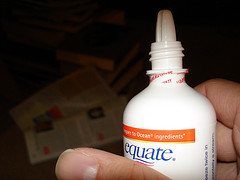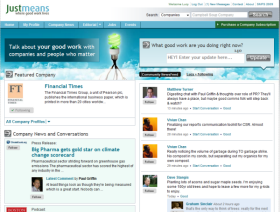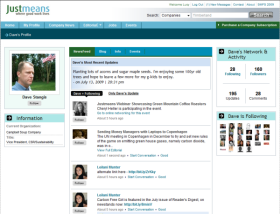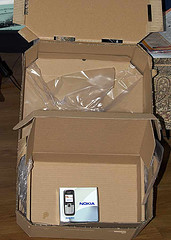 According to a U.S. study by Mintel, private label food product introductions in 2009 made up 25% of all food product launches. In 2005, they only comprised 13% of all food product introductions on retail shelves.
According to a U.S. study by Mintel, private label food product introductions in 2009 made up 25% of all food product launches. In 2005, they only comprised 13% of all food product introductions on retail shelves.
In 2008, private label food sales grew by 9.3% versus 4.5% for branded food product sales. Mintel reports that private label food sales are expected to grow another 8.1% in 2009. Should branded food products be worried? Is this a trend that could (or already is) spilling over into other categories?
Certainly, the recession drove some of the shift from branded to private label food products among U.S. consumers. The question is whether or not consumers will be satisfied enough with private label brands to stay loyal to them when the economy recovers.
The other factor to consider is the amount of information consumers have access to in the 21st century. There is less risk associated with purchasing a private label brand for the first time because consumers have learned that often the difference between private label and branded products is negligible or doesn’t exist at all. For branded products that are competing directly with private label for the same consumer dollars and retail shelf space, this is a problem area. Suddenly, branded products must find ways to differentiate themselves as truly better than private label products or as offering a distinctly superior value than similar private label products. It’s a competitive factor that most branded product managers could ignore ten years ago. Branded products still held a perception of superiority in quality a decade ago. That perception has all but disappeared in 2009.
A third factor to consider is the variety of private label products that are available in the 21st century. As CSNews.com explains, private label products are being introduced as more than just copycats of existing branded products. Today, consumers can find a wide variety of private label products to choose from that often meet perceived needs that branded products don’t cater to.
Finally, private label products today are not quite as “private” as they once were. Brands like Sam’s Club and Equate are accepted as viable competitors to consumer brands that have been around for generations. A private label brand that has a direct association with a well-known brand (e.g., Walmart or Target) can offer the same sense of trust and security to consumers making purchase decisions without the advertising dollars backing them. It’s an interesting challenge for branded products, and it’s one they’ve never really faced before.
When the recession fades, will consumers remain loyal to private label products? My guess is yes. What’s your prediction?
Image: Flickr


 A recent
A recent 